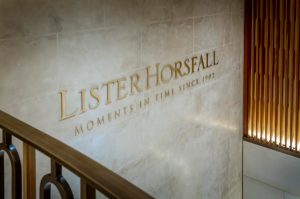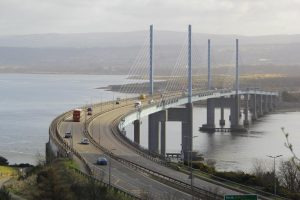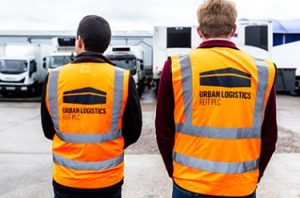Budget 2009: Chancellor keeps spending as high earners are hit

CHANCELLOR Alistair Darling has pledged to carry on spending to drive the econony out of recession, but will pay for it by clobbering the high earner, with those earning £150,000 a year, being hit by a new 50% tax rate.
Mr Darling’s second Budget laid bare the worrying state of the public finances. Borrowing he said would hit a record £175bn this year, and would be £173bn next year.
He said the UK economy will shrink by 3.5% – the worst in modern times, but he stuck to his prediction that growth will return later this year.
with a forecast of 1.25% growth next year rising to 3.5% in 2011.
He promised to invest in fast-track businesses involved in low carbon, smart manufacturing and communications, while confirming plans to help the nation’s beleaguered auto sector with a £2,000 car scrappage scheme.
In what was seen as a landmark day for Labour, which is trailing in the polls, Mr Darling also promised help for victims of the downturn, with a £1bn package for training or work schemes for the under 25s and more cash to create 54,000 six form places.
The new top rate of tax is a change of plan from the pre-Budget report last year in which he had proposed the new tax rate being 45%.
It is also being brought in a year earlier than planned “to pay for additional support for people now”.
However experts said the Budget revealed the deepening chasm of public finances and measures that would fail to deliver real benefits for struggling businesses.
Terry Jones, tax partner at accountants and business advisers at BDO Stoy Hayward in Leeds, said: “There wasn’t much for business here that we didn’t know about already.
“The Chancellor was in a corner and he has done things for the private individual more than companies. There were very few surprises other than the rise in higher rate tax and that looks more of a political measure aimed at the opposition.
“There were no real significant incentives for business – it won’t change the way companies operate in Yorkshire.”
Mr Jones said he believes the Chancellor’s growth figures look “optimistic” while the public borrowing figures are “a shock”.
In other measures, petrol duty will increase by 2p per litre in September and then by 1p a litre above inflation each April for the next four years.
Alcohol duties will go up by 2% from midnight. There will be an increase in tobacco duty of 2% from 6pm. Mr Darling said these measures will raise more than £6bn by 2012.







